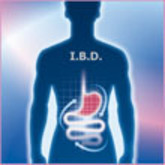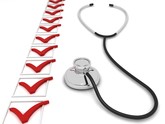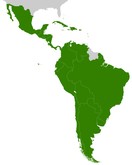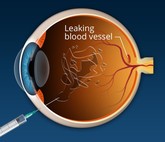Biosimilars/Research
|
Posted 28/11/2023
Biologicals are the fastest-growing class of medications in the United States and account for a substantial and growing portion of healthcare costs. The Biologics Price Competition Act of 2009 created an abbreviated approval pathway for the US Food and Drug Administration (FDA) to help provide patients with greater access to safe and effective biological products. As of 1 November 2023, FDA has approved 44 biosimilar products, 7 of which are interchangeable biosimilars. These products can be used to treat many conditions such as chronic skin and bowel diseases, arthritis, kidney conditions, diabetes, multiple sclerosis, macular degeneration, and cancer.























